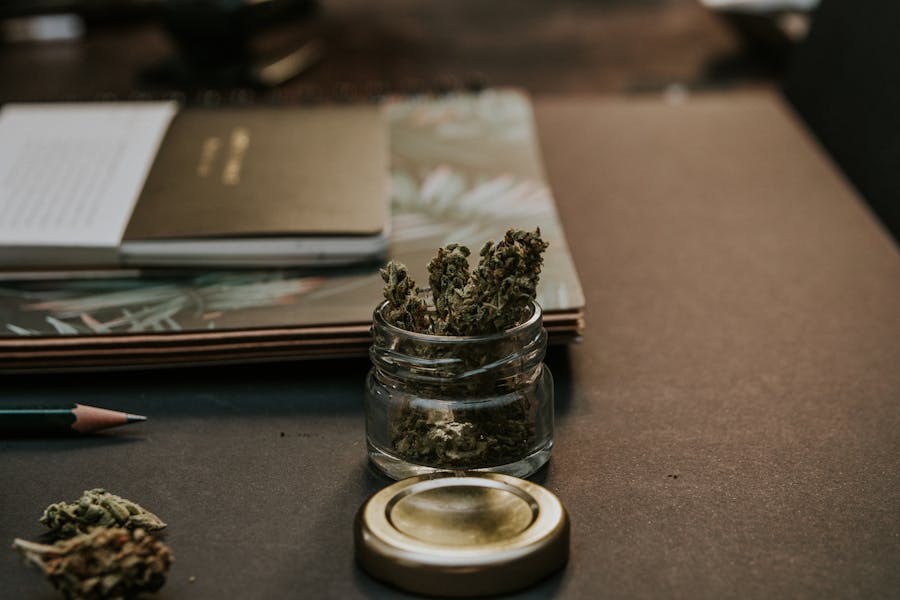
Child Custody in Military Families: Challenges and Protections
The Best Interest of the Child
Courts establish child custody plans based upon the best interest of the child. Under this program, courts decide custody issues based upon what would serve the child's general well-being, and for that many aspects are considered. However, particular aspects come into play when a military spouse goes to family court with unsettled child custody.
Unique Challenges for Military Parents
Military service, by one or both parents, can bring tough child custody concerns. Around 142,000 participants of the Armed Forces (active, Guard, as well as Reserve) are single custodians of minor youngsters. Moreover, a lot of service members have remarried and now live in a family of one biological parent and his or her new spouse, that is a stepparent. The most complicated of all the scenarios, probably, are those in which a single service member has physical custody of a child without having obtained an order of custody from any kind of court.
When any one of these custodial-service member parents deploy, attend military training, or attend a service-mandated school, the concern emerges: "Who cares for the children while I'm gone?" A person needs to answer that question, and commonly, it is a state court family law judge. Military parents who might need to serve abroad risk losing child custody when deployed, so it's always better to look for a military divorce lawyer consultation.
Custody Battles and Protections for Military Parents
Based on the child's benefits and interests, courts may find that it's best for the temporary custody situation to become permanent. Unfortunately, military parents are, in some sense, punished for their service since their duties commonly make it hard to win a custody battle. Child custody can end up being a lot more complex when the parents are separated, and one uses a military deployment as a chance to reclaim a child. Moreover, even when the parents are not fighting, custody can be a lot more difficult relying on whether the mother or the father is the military parent.
For instance, if a military parent leaves a child with a stepparent or a family member during deployment, the other parent may apply for custody of the child. Commonly, short-term custody is sought, then permanent custody. The Servicemembers Civil Relief Act (SCRA) is a federal law that allows military personnel to stay civil procedures throughout military service. A stay is a temporary suspension of a legal action. Nevertheless, several courts do not use SCRA when it involves child custody. Juries believe that the best interests of the child exceed any type of federal legal protections to military parents.
More than 20 states have military custody protection. These states have actually passed regulations that safeguard parents while they're deployed. In these states, laws provide that permanent custody modifications cannot be made due to a parent's military service and allow military parents to regain custody after they return. Any temporary custody modifications made because of deployment revert to the original setup when the parent returns from duty.
Jurisdiction Challenges
In addition, relocation based on military service can make it difficult to determine what court has jurisdiction or authority in a custody case. If a military has actually lived abroad for some time, it's possible that a foreign nation's court makes a decision. Normally the residence state court maintains authority if the child or parents are only temporarily absent from the state. If a military custodial parent is relocated, the court needs to determine whether the parents and also the child are temporarily or permanently absent from the state. If a military parent wrongfully takes a child, the other parent might have issues enforcing custody rights.
The military does have guidelines requiring service members to comply with court custody orders. All military services maintain locator services that have the location information of military personnel.
Conclusion
Military divorce and family issues quite differ from the civil ones. However, military parents have some protections in the form of laws and regulations. Hiring a professional military divorce lawyer is essential to make sense of these protections. Clagett Law is here to guide you through this difficult period of your time and protect the rights you have by law.
"Cassie is one of the best attorneys I have ever dealt with. We were trying to adopt foster children, and after years of the state and other attorneys dragging their feet, she got the job done within two weeks. I would recommend her to anyone!"
Orignal story posted at https://clagett-law.com/blog/child-custody-for-military-parents/
Read more about this topic at
Military Child Custody Considerations
Does Your Military Status Affect Child Custody















 Type of Article: Business and Finance Articles
Summary:
In a divorce scenario, the costs of the legal representation are typically borne by each party. However, there are exceptional circumstances where an Arizona court may instruct one party to pay some or all of the other party’s attorney fees. In this article, we will explore the possible scenarios where a court may require a spouse to pay the attorney fees of the other party.
Type of Article: Business and Finance Articles
Summary:
In a divorce scenario, the costs of the legal representation are typically borne by each party. However, there are exceptional circumstances where an Arizona court may instruct one party to pay some or all of the other party’s attorney fees. In this article, we will explore the possible scenarios where a court may require a spouse to pay the attorney fees of the other party.



